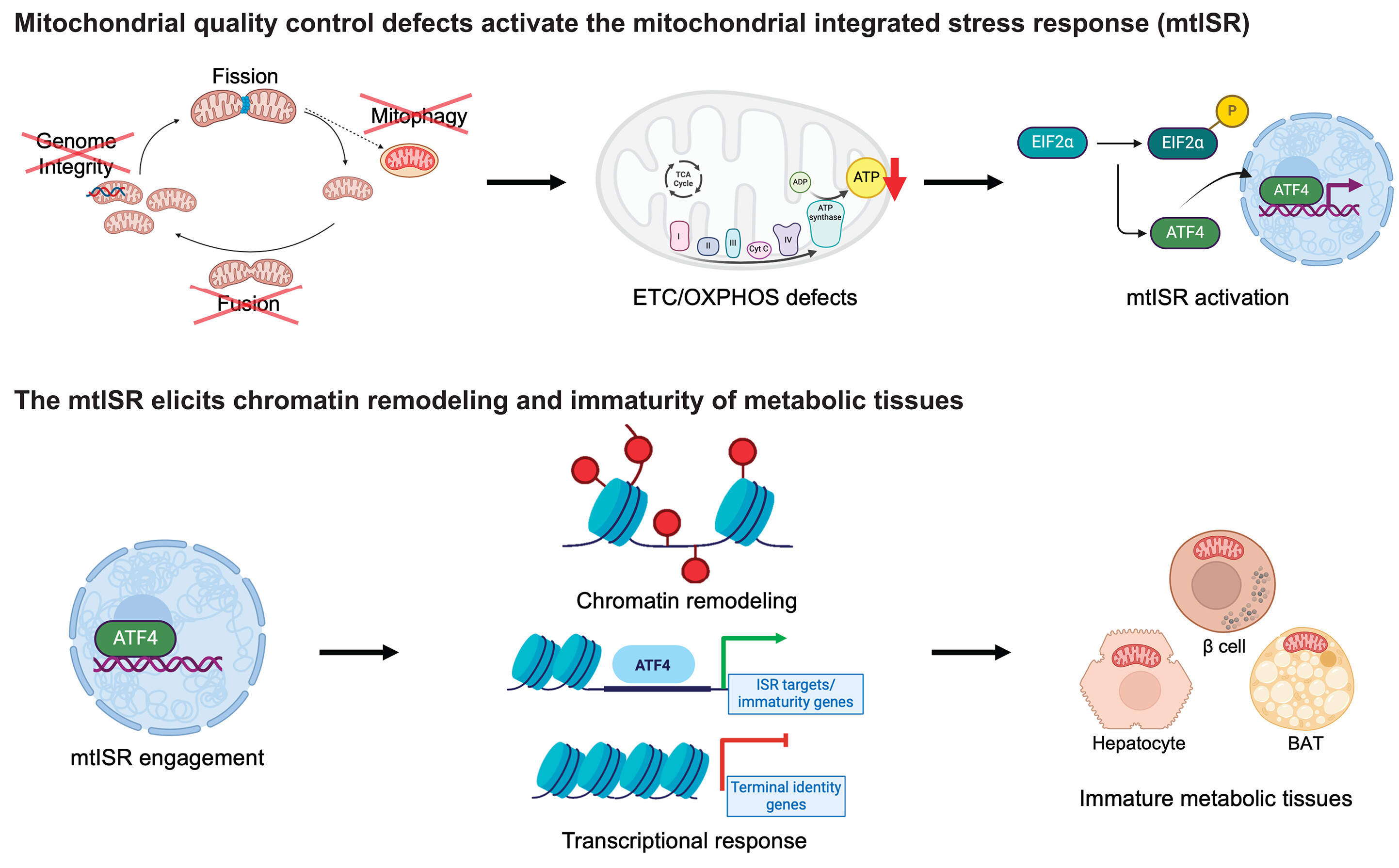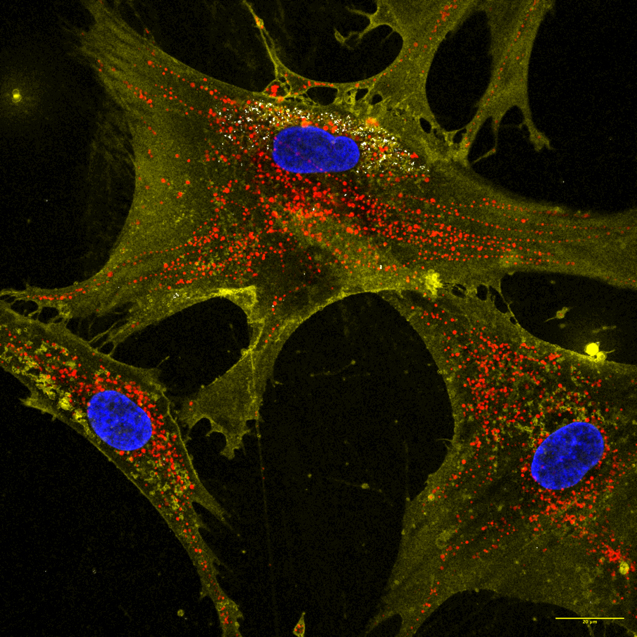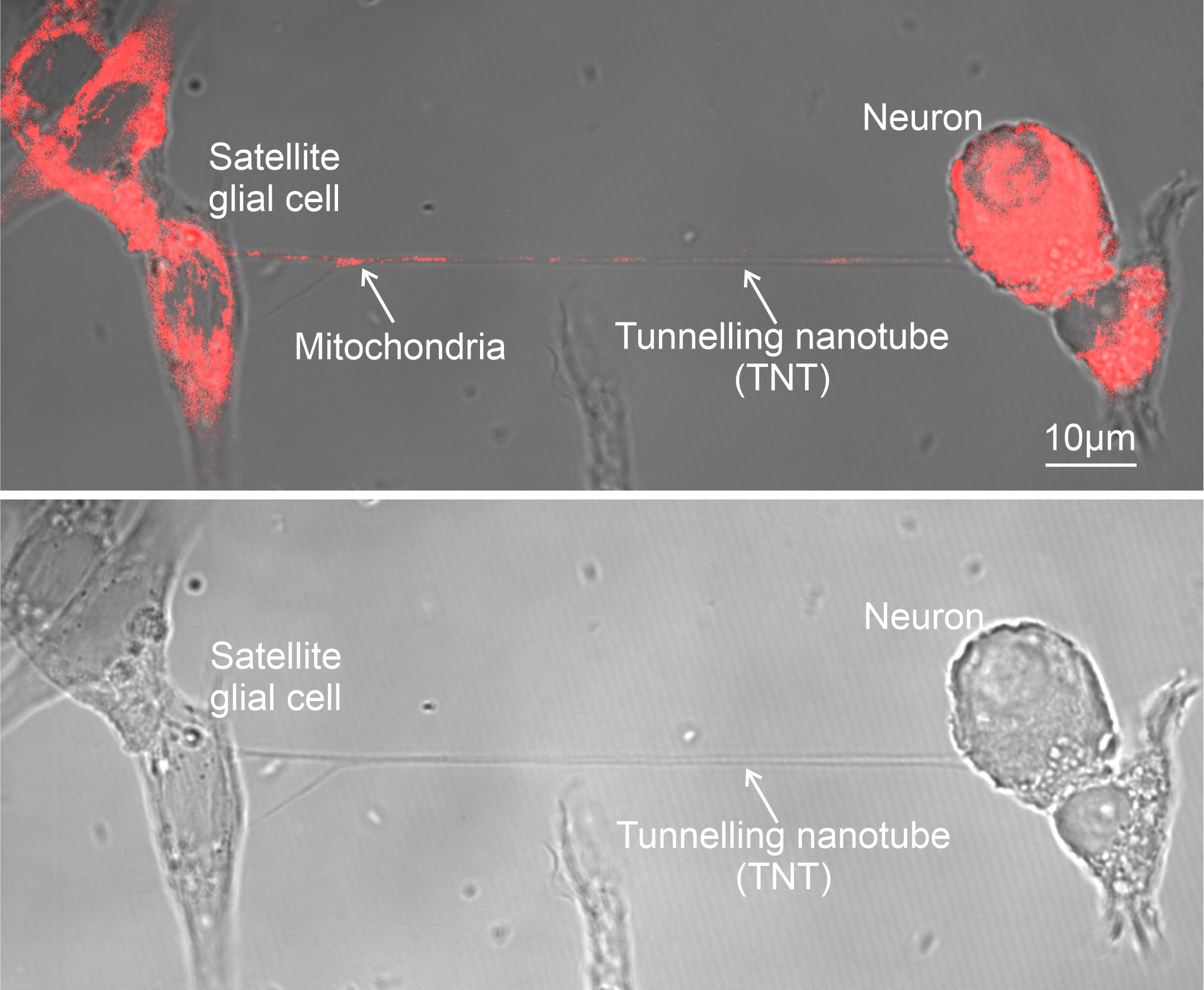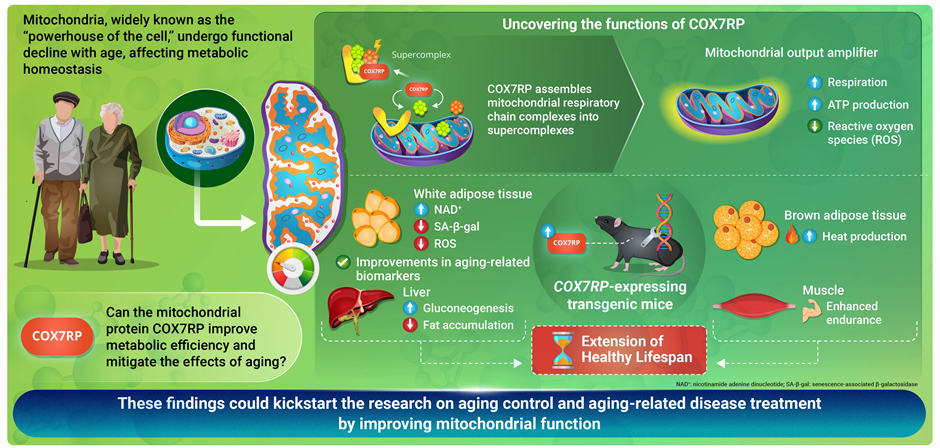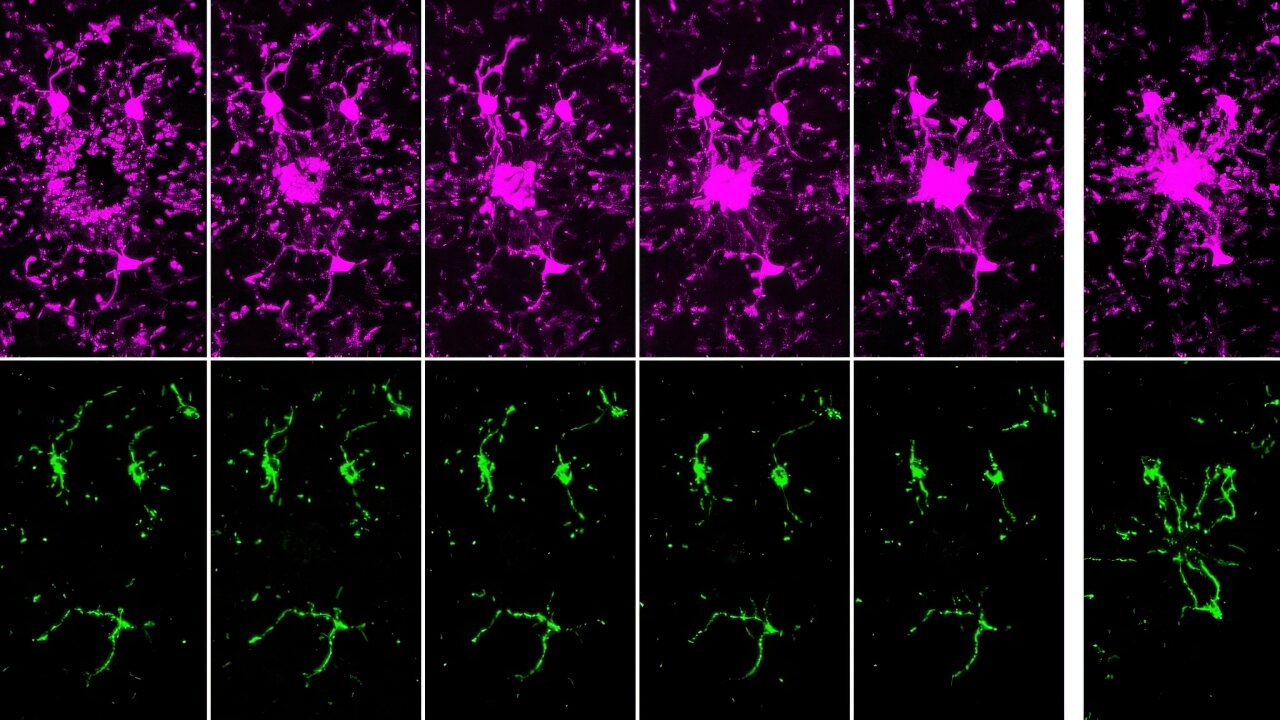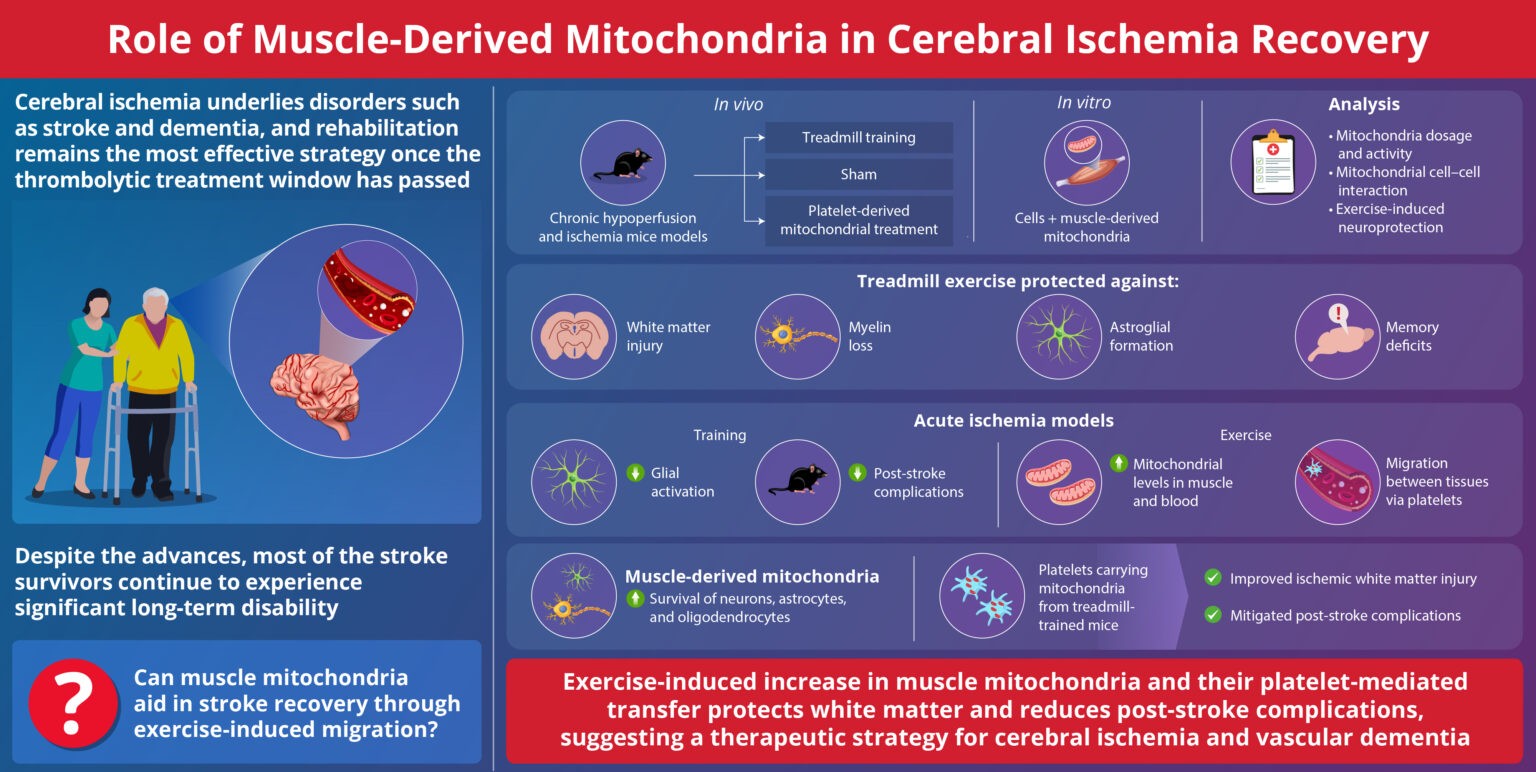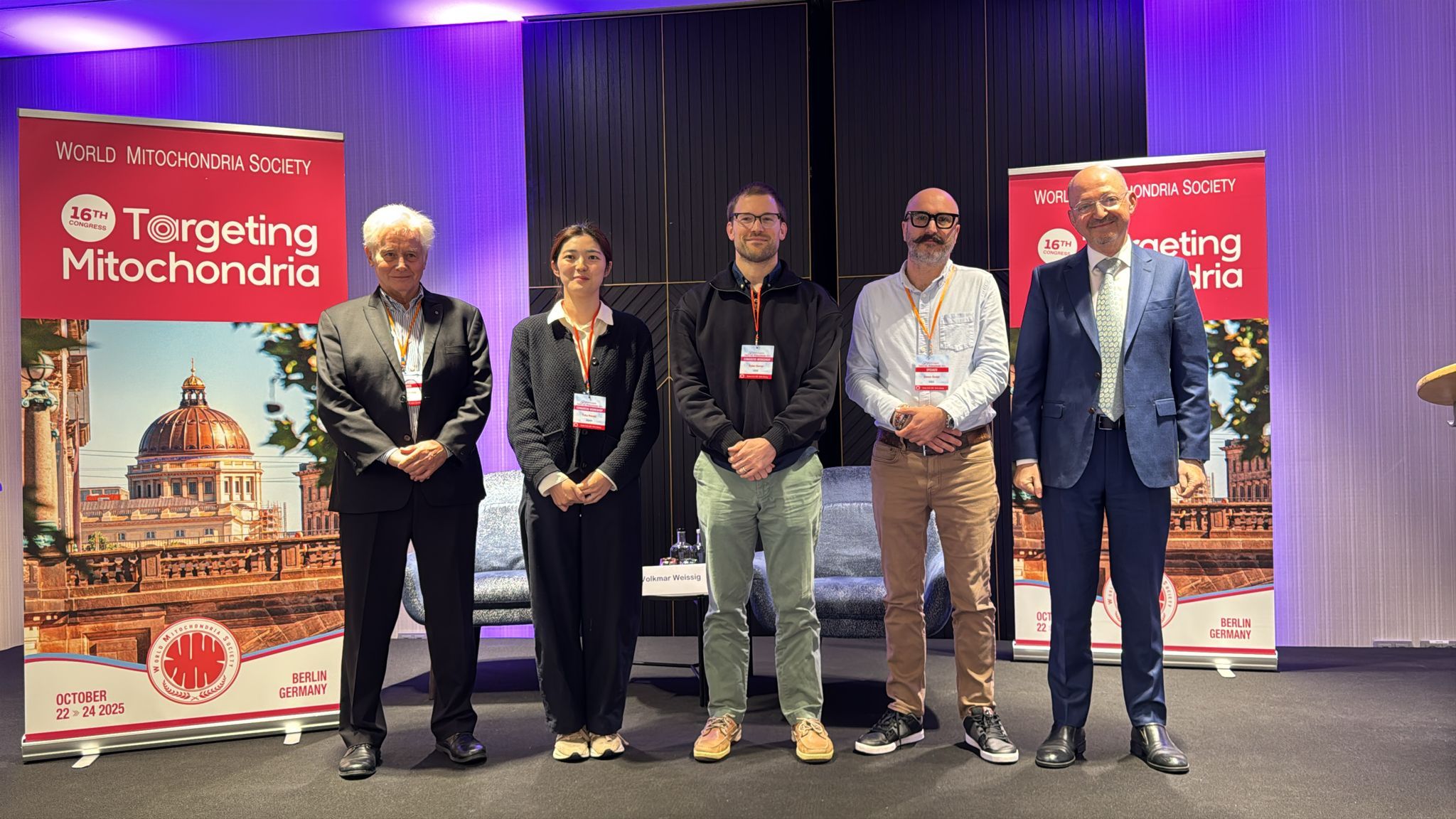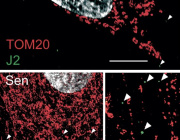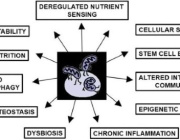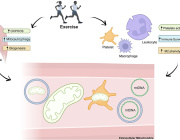Inflammation-Triggered Mitochondrial and Metabolic Disruptions Steering the Transition from Acute to Chronic Pain
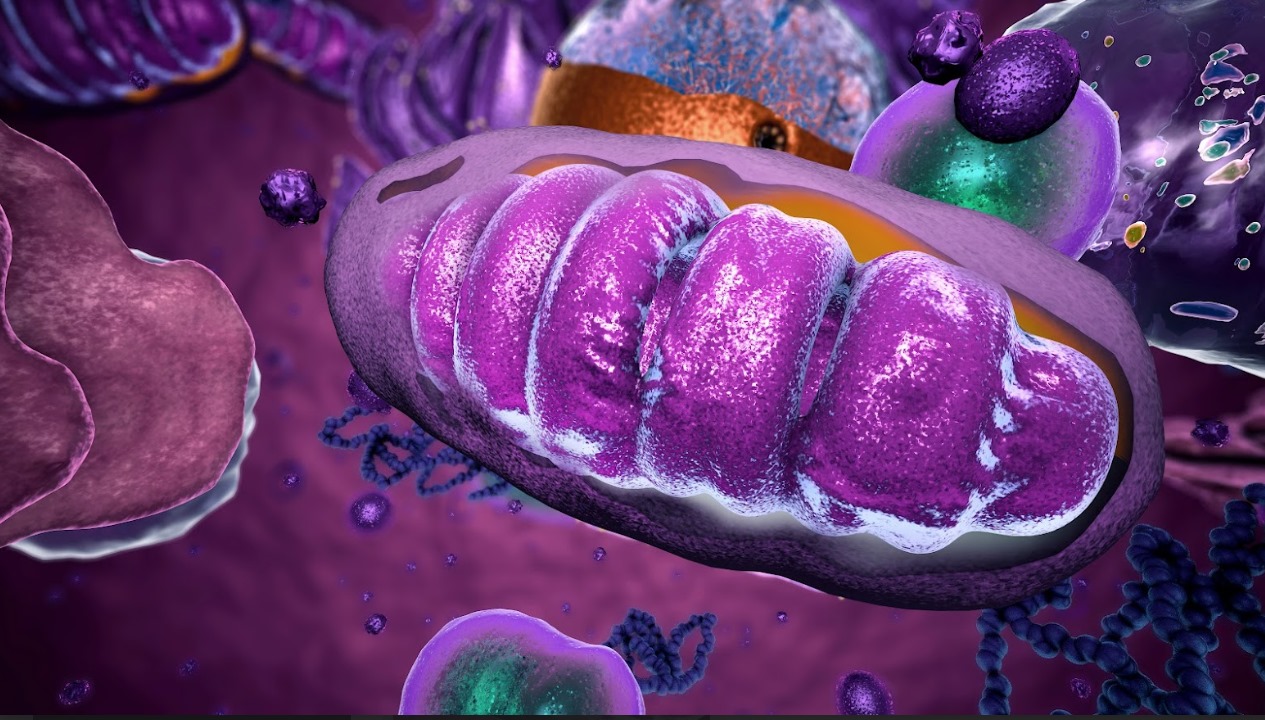
Niels Eijkelkamp and his team from the University Medical Center Utrecht have unveiled the enigmatic reasons behind lingering pain after inflammation, marking a significant breakthrough in chronic pain research.
-
Mitochondrial Disruptions: Persistent mitochondrial and metabolic disturbances in sensory neurons post-inflammation are identified as major contributors to enduring pain.
-
Redox Imbalance Impact: Disturbed redox balance in dorsal root ganglion (DRG) cells is linked to the failure of resolving inflammatory pain.
-
ATPSc-KMT Connection: Increased expression of the mitochondrial protein ATPSc-KMT correlates with hyperalgesic priming, exacerbating disruptions in sensory neurons.
-
Restoration Possibilities: Inhibiting mitochondrial respiration, ATPSCKMT knockdown, or targeted metabolite supplementation shows promise in restoring inflammatory pain resolution, preventing chronic pain.
This groundbreaking study challenges traditional perspectives, highlighting inflammation-induced mitochondrial-dependent disturbances as key players in chronic pain development. The findings pave the way for targeted interventions, revolutionizing chronic pain management.









